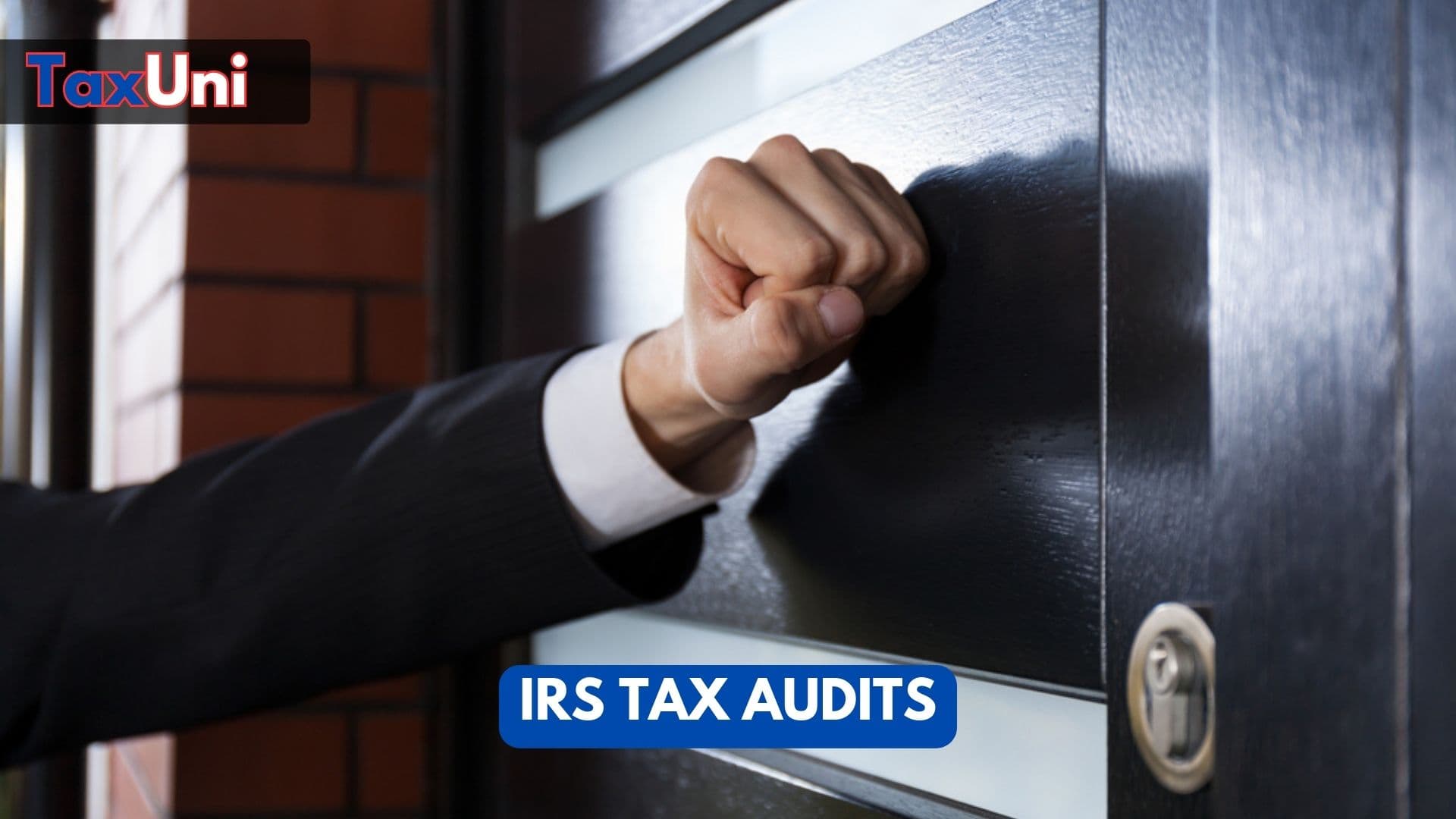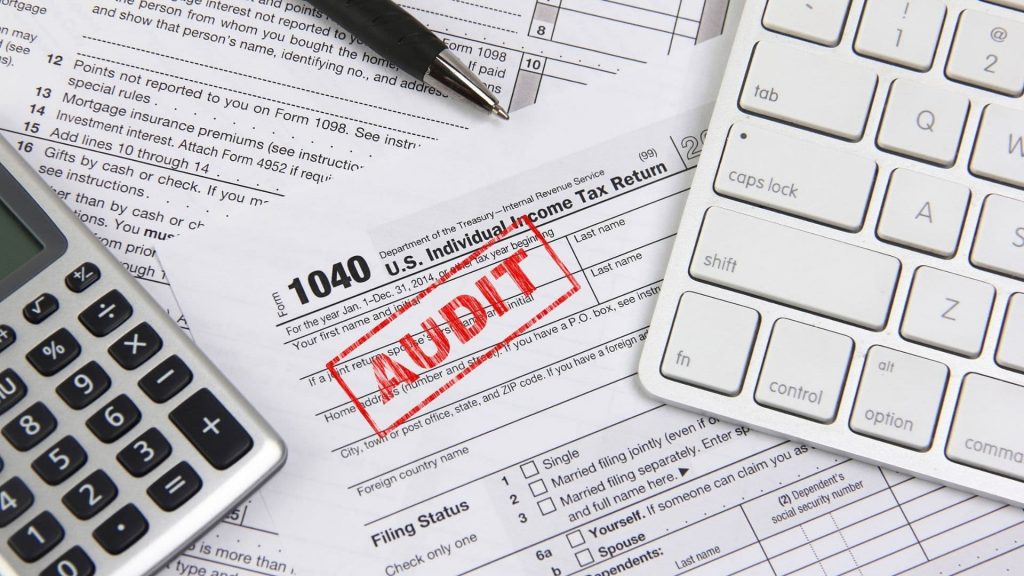IRS Tax Audits
Why does the IRS audit you? What are the most common reasons for an IRS Audit? This article will guide you on IRS audits during the tax season.

The IRS audits for a variety of reasons. However, most of the time, it’s to ensure that your tax return is accurate and that you are claiming all of the deductions you are entitled to. The IRS audits just a small percentage of retrievals filed. This means you don’t have to worry about getting hit with an unexpected tax bill in the mail or a visit from an IRS agent.
- Here is how it works: The chances of you getting audited are incredibly low if you follow the rules and submit accurate documents to support your claims. If you do get audited, the IRS is usually satisfied with the documentation they receive.
A typical audit takes about three hours and involves meeting with an IRS agent in an office or field setting to review your records. This is sometimes referred to as a “field interview.” If you have a representative, such as an attorney or CPA, they can attend with you.
Depending on the type of audit, you will likely be required to provide additional documentation and to sign documents such as a power of attorney. You’ll also need to give the auditor time to meet with you and resolve any finding issues that are in your audit letter.
You’ll have about a three-year statute of limitations to respond to an audit, but if you don’t respond on time, the agency can extend it, which could cost you extra money. A longer audit can also increase interest on your taxes and penalties.

Reasons for IRS Audits
The IRS audits taxpayers for a variety of reasons. But the biggest ones are related to money. The agency uses the information on your tax return to target taxpayers who may be using deductions or other strategies that could increase their liability.
- One big factor is the type of deductions you claim. For example, a large meal, entertainment, and travel (MET) deduction could be a red flag.
- Another thing the IRS looks for is abnormal losses. Its staff will examine returns where you had a loss unusual for your income level, especially if that loss happened to be in a category it normally audits, such as capital expenditures. These losses may result from a business that could not pay its taxes or was shut down because of a natural disaster or other events. The IRS also examines returns where you had a loss because of a major accident or injury.
- Likewise, if you own a cash business, such as a convenience store or laundromat, you are more likely to be audited because of the risk that you might not report your cash income correctly.
- As the budget crunch continues, the number of revenue agents qualified to examine high-income tax returns has fallen, leaving fewer available to examine other types of returns. So the IRS has to replace them with more tax examiners who are less knowledgeable about these returns. The result is that lower-income taxpayers, particularly those claiming the Earned Income Tax Credit, are more likely to get audited. These are pre-refund audits, meaning the IRS wants to make sure that the tax refund is correct before sending it out.

How to Avoid an IRS Audit?
- One of the best ways to reduce your chance of being audited is to keep your business expenses separate from your personal finances. This is particularly true if you operate a cash-based business, like convenience stores, laundromats, or restaurants.
- It’s also important to check your W-2s and 1099s to ensure they match what you’ve reported on your tax return. Those forms are what the IRS uses to determine your income, so any discrepancies could set your return up for review.
- Likewise, checking the math on your tax return to ensure it adds up correctly is vital. The system may automatically flag your return for further review if the system catches an error.
- It never hurts to double-check, even if you’ve been preparing your taxes for years.
- Mistakes can be costly, so taking the time to do some extra math could save you money on tax preparation fees in the long run.
- Lastly, don’t forget to report your foreign accounts on your tax return. This is important to the IRS because it’s one way they can identify potential fraud.





